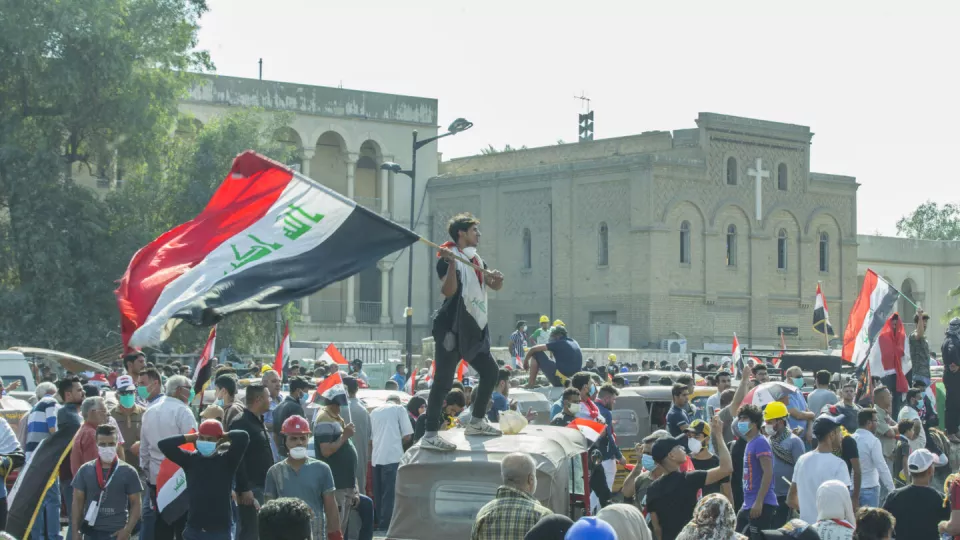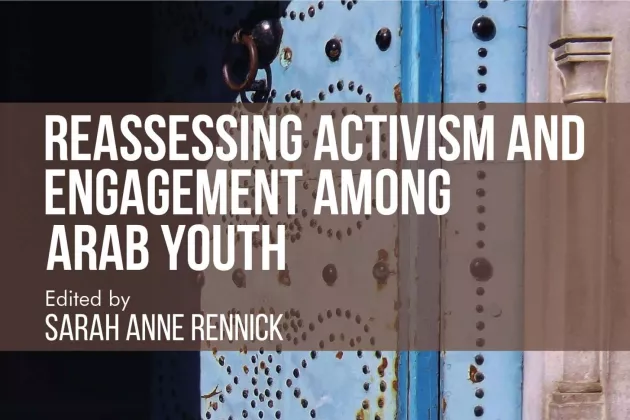Since October 2019, Iraq has been witnessing a mass protest movement, heavily though not exclusively centered in Baghdad and the country’s southern provinces and largely led by youth. This new uprising, referred to as the October Revolution or Tishreen protests, while initially fueled by socioeconomic grievances and the lack of basic services, quickly transformed into a broader political movement calling for radical change to the political order. Rallying around the slogan “we want a homeland,” a hallmark of this new movement has been the effort on the part of activists to put forth a new collective Iraqi identity, moving past sectarian divides and envisioning new state-society relations and a break with the transactional social contract currently in place.Yet despite this overarching vision of national renewal through both radical political reform and reconceived bases of collective belonging, the extent to which the movement actually represents a unified vision for the Iraqi nation and a strategic means by which to renew the State is far from obvious. [...] Indeed, in speaking with youth leaders of the Tishreen movement from various cities across the country, what becomes obvious is that while the large lines of national renewal are agreed upon – the need for a new Iraqi identity and new basis for Iraqi nationalism, radical transformation in the practice of power – important points of fracture in their own vision as well as methods for achieving change can be identified.
The paper is available online at the Arab Reform Initiative and was written in conjuction with the Centre Français de Recherche sur l’Irak.
Sarah Anne Rennick's research profile
(Photo credit: Mondalawy on Wikimedia Commons)



